
Beyond Plastics - Demystifying Biodegradable & Compostable Plastics
Ok, so biodegradable & compostable "plastics" are confusing, right? If you can find someone who has it all figured out, bring them to me. I want to meet them.
“Plant-based,” “eco-friendly,” “biodegradable,” and “compostable” - what do they all mean and do those designations mean we're in the clear environmentally?
There are a lot of products that claim to be all, or some, of the above but the truth is that none of these terms are regulated, so they can claim anything they want. Greenwashing is out of control and lots of companies want to make money from us without any proof that any of it is what they say it is.
Bioplastic only has to be partly derived from renewable plant materials and are made using the same processes as traditional plastics. That means they contain many chemical additives; yet, even less is known about the potential toxicity of those chemicals than the ones in conventional plastics.
I will refer you to this document from Beyond Plastics on Demystifying Biodegradable & Compostable Plastics if you're interested in all of the details.
Most importantly - definitions -
Biodegradable plastic refers to a product that can break apart by natural processes in the environment, but without a specific timeline. Depending on the product, it can take days or centuries, depending on the material and the environment.
Compostable plastic refers to a product’s ability to be broken apart by microbes under controlled conditions (for oxygen, temperature, and moisture) at a commercial compost facility. Certified compostable bioplastics are engineered to fully decompose within 12 weeks in a commercial composting facility.
All compostable items are therefore inherently biodegradable, but not all biodegradable bioplastics can be composted.
If you just want to cut to the chase, avoid plastics completely. It's a new way of thinking and you'll have to be patient with yourself. Don't expect perfection (our motto is "Perfect is the enemy of good."), but buying plastic free is the only real way to solve this problem unless this industry is regulated.
There are many zero waste stores around and many sell online. Try to find the item you're looking for there first, do a search for the item in plastic free form.
Things don't change without the majority of us making a change in our behavior and this means a small sacrifice on everyone's part. Considering how much we have available to us in the western world, is that so much to ask?


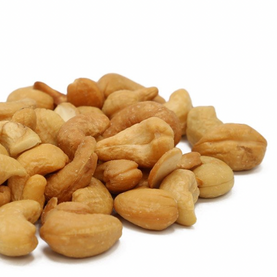 Cashews
Cashews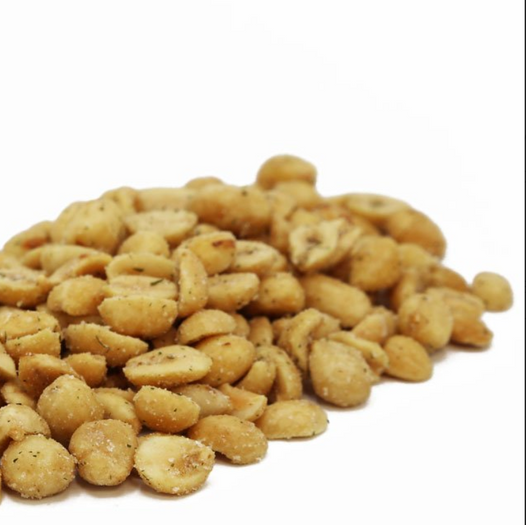 Peanuts
Peanuts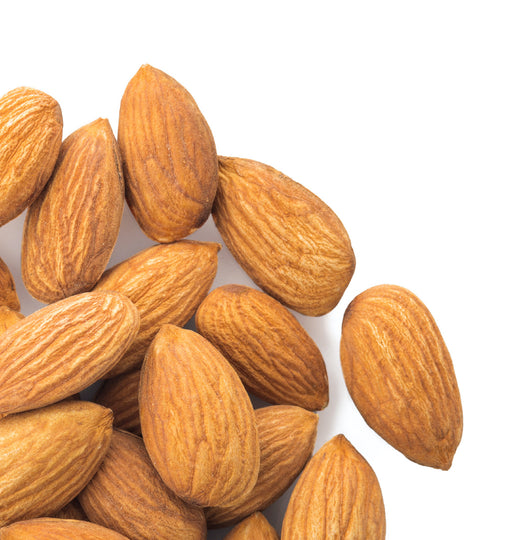 Almonds
Almonds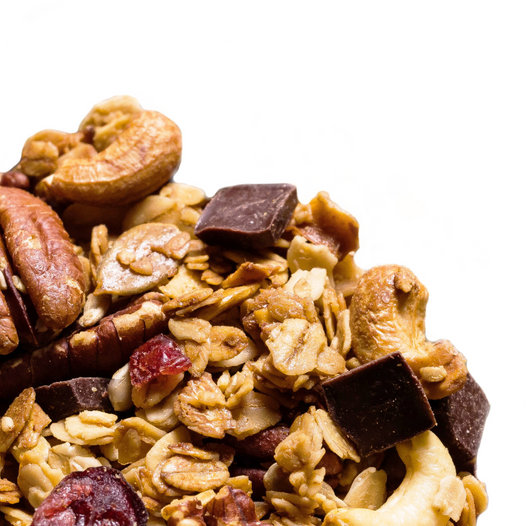 Pecans
Pecans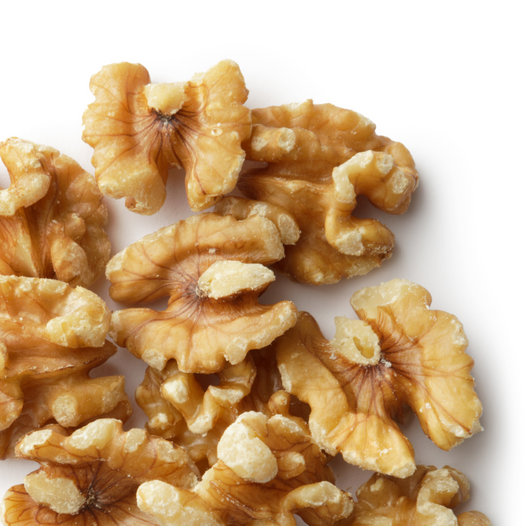 walnuts
walnuts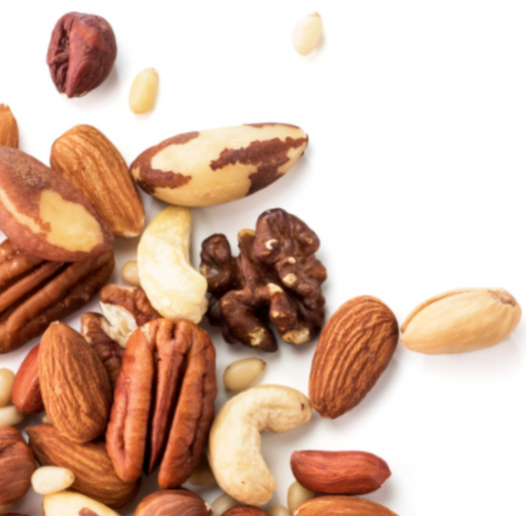 Mixed Nuts
Mixed Nuts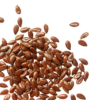 Seeds
Seeds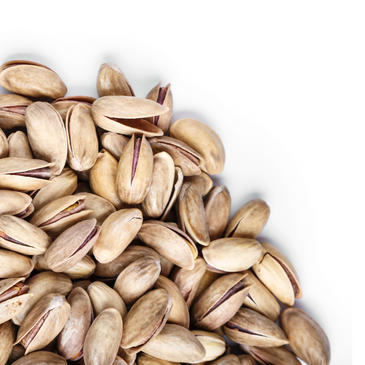 Pistachios
Pistachios 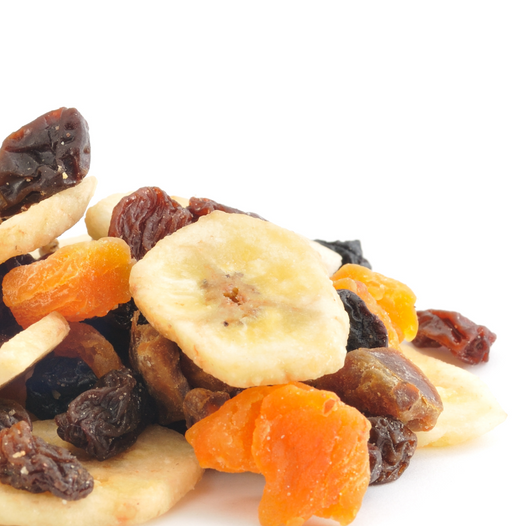 Dried Fruits
Dried Fruits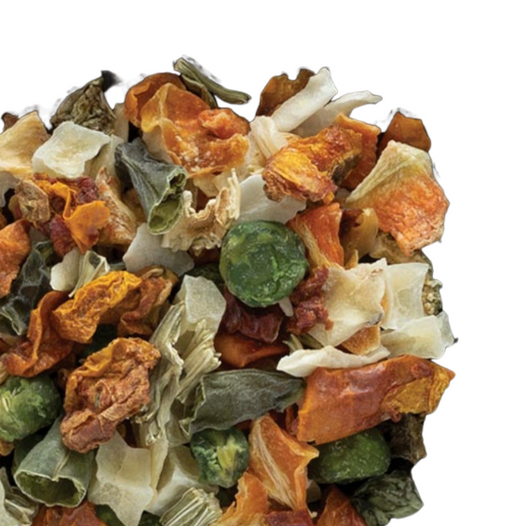 Dried Veggies
Dried Veggies Jarred Foods
Jarred Foods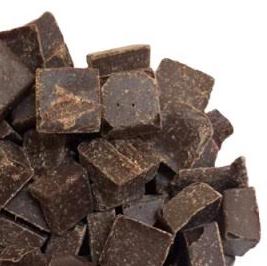 Chocolate
Chocolate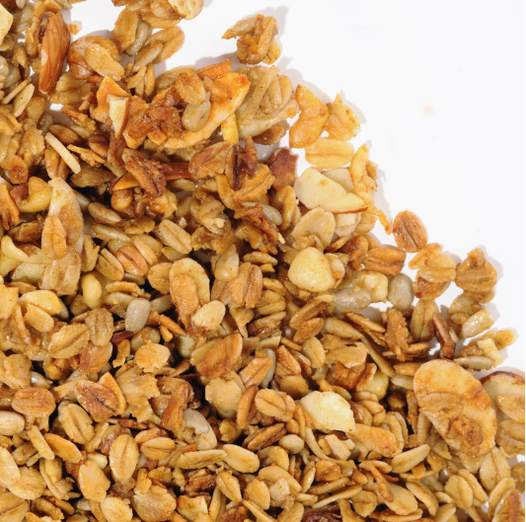 Granola
Granola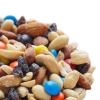 Trail Mix
Trail Mix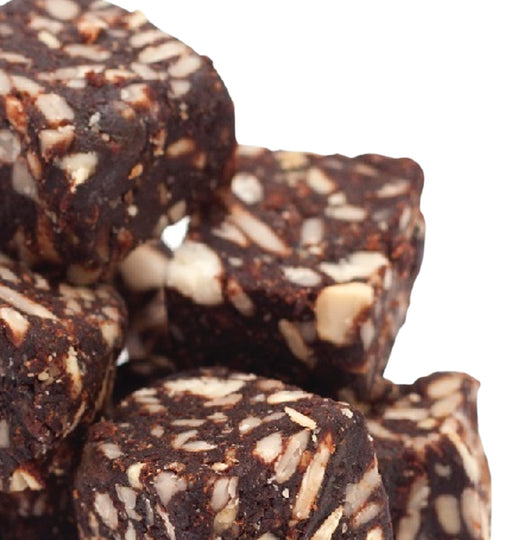 energy bites
energy bites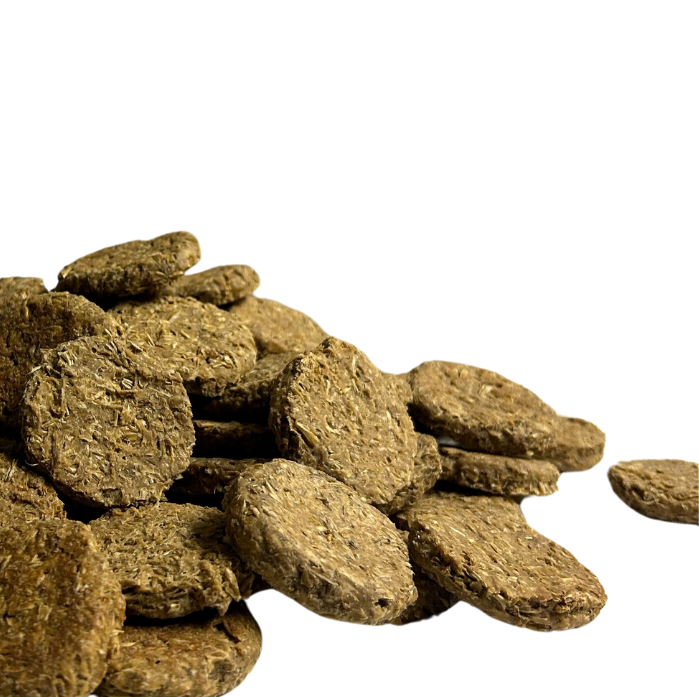 Dog Snacks
Dog Snacks All Snacks
All Snacks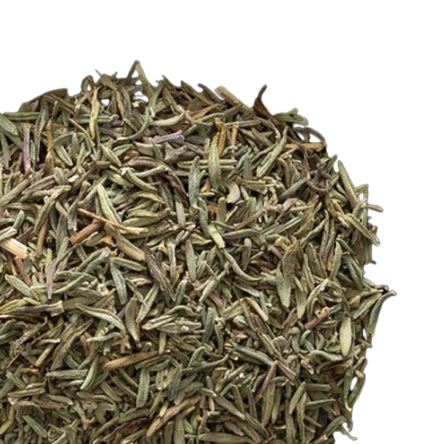 Herbs
Herbs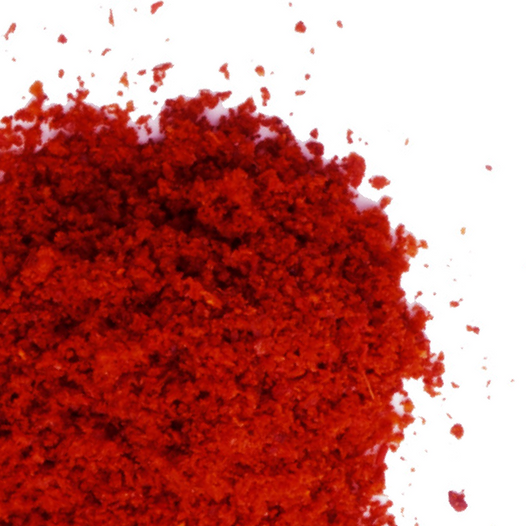 Spices
Spices Salts
Salts powders
powders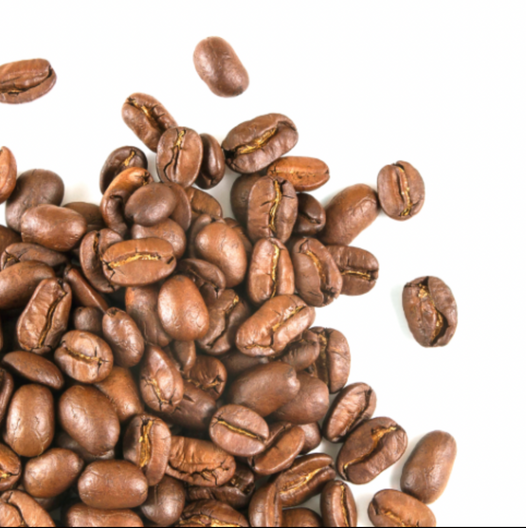 Coffee
Coffee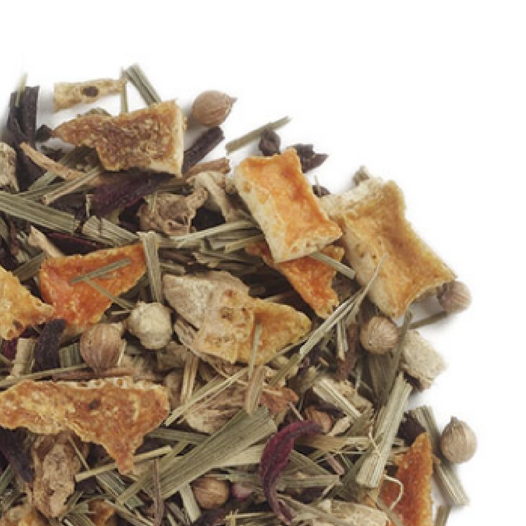 Tea
Tea All Beverages
All Beverages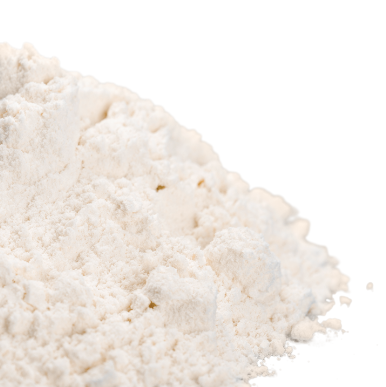 Flour
Flour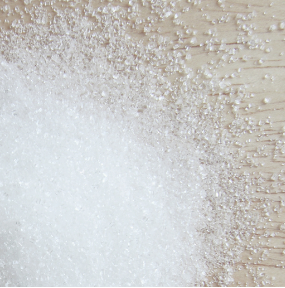 Sugar
Sugar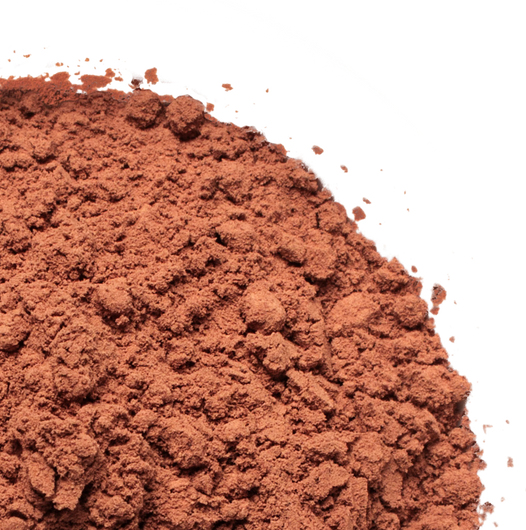 Baking Items
Baking Items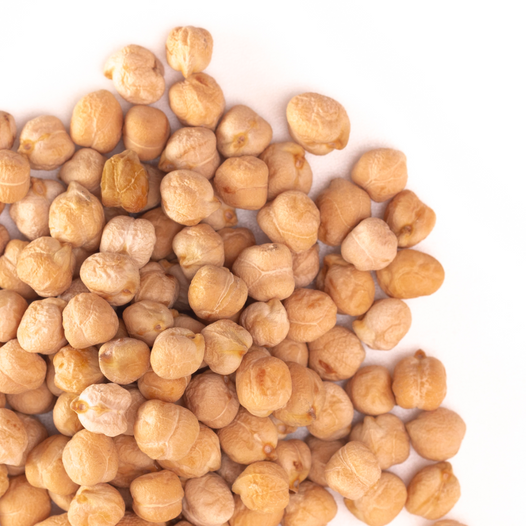 Beans
Beans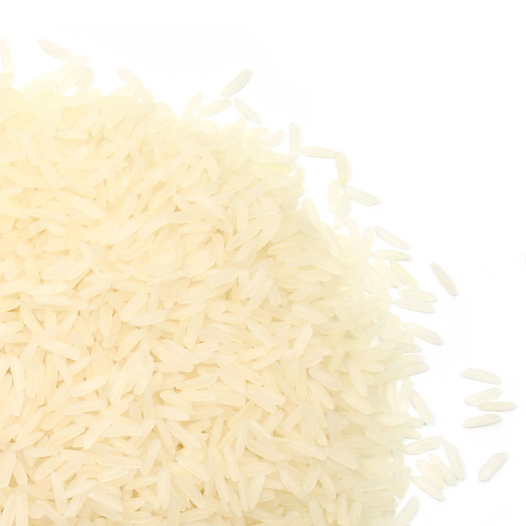 Rice
Rice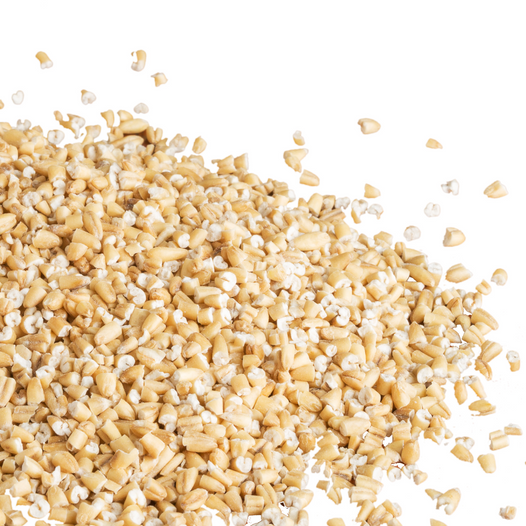 Oats
Oats Pasta
Pasta All Grains
All Grains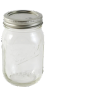 Jars
Jars Travel Mug
Travel Mug Water Bottle
Water Bottle Tea Infuser
Tea Infuser Gift Card
Gift Card All Accessories
All Accessories